
Duel
Directed by Steven Spielberg.
1971. Not Rated, 90 minutes.
Cast:
Dennis Weaver
Carey Loftin
Jacqueline Scott
Eddie Firestone
Lou Frizzell
Lucille Benson
Author Richard Matheson has been living with me lately. Of course I don’t mean this in the literal sense. After all, the man passed away earlier this year. However, his work has taken over my life the last few weeks. This has meant reading I Am Legend for the first time, then watching and re-watching the three official big screen adaptations of that work: The Last Man on Earth, The Omega Man, and I Am Legend. That was followed by a return to the text and then picking up my pen to give you the comparative analysis I call 3 Movies, 1 Book: I Am Legend. Why? It sounded like fun at the time. Was it? Yes, up until the time came to create the post. We’ll not go down that path.
We will travel down the road to another Matheson story, “Duel.” This one has its own bit of historical significance. For one, it is the last short story Matheson wrote that makes use of his recurring single man against the odds theme. Second, and most important to the history of American cinema, it is the first movie directed by Steven Spielberg to make it to the big screen. It was first a massively successful made-for-TV movie. A short while after airing, additional footage was shot and it was released in theaters overseas (and also in limited release here in the states). This is the version I am reviewing here.
Like much of Matheson’s work Duel depicts one man trying to survive a dire situation. This time, that situation begins in a way extremely familiar to most of us. While driving on a two-lane highway, on his way to a business meeting, David Mann (Weaver) comes upon a gigantic, slow moving, black smoke spewing, gnarly old tanker truck. When the coast is clear, he zips past the truck and gets back in the proper lane, ahead of the truck. Evidently, this pisses off the truck driver because he returns the favor and then some by refusing to let David get by him. This game of cat-and-mouse escalates rather quickly into the the truck driver trying to kill our hero.

Coming into Duel I knew that it was based on a Matheson story, Spielberg’s first, and that it heavily influenced “so bad it’s awesome” hall-of-famer The Car. Given that last fact, I was prepared for lots of cheesiness and unintentional humor. What surprised me is how effective this movie still is after forty plus years. Things become tense rather quickly and remain that way throughout. As it rolls along, we’re constantly wondering how David is going to shake this guy. More accurately, we wonder if he can shake the truck at all. The scenes of our two vehicles speeding along the highway keep the questions fresh in our minds. It helps tremendously that Spielberg actually shot them racing along a real stretch of road with some interesting topography as opposed to doing it in a studio with moving screens as many movies of the day had done, especially TV movies. This includes shooting the truck in a manner that makes us think it is moving incredibly fast. In fact, all of the film’s best visuals are of the truck including an amazing final shot. Still, like he would employ in Jaws a few years later, it’s what the director doesn't show that rattles us most.
As tense as those chase scenes are, the most nerve-jangling moments happen when our hero is not in his vehicle. The first of these is the diner scene. David knows that one of the other patrons is his assailant, but not which one. Later, David is reluctantly trying to help a stranded school bus while worrying about that tanker. Lastly, there is the scene where he stops at a gas station and tries to call for help. All of these work perfectly as linking scenes between the car chases. They amp up the tension rather than giving us a break.
The years have actually been kind to Duel. It has aged pretty well. Though some of the dialogue, played as thoughts from David’s head, come across as a bit hokey, Dennis Weaver’s performance is still an excellent avenue for our fears (memories?) of such a predicament. As long as there are people who feel invincible behind the wheel of whatever they are driving, this type of experience will always be with us. Aside from the model of David’s car, and how resilient it is, the most dated thing is the lack of cell phones. Having them would change or eliminate some scenes and may weaken the overall product. Not having them adds to the sense of isolation felt by our protagonist. Given the medium it was made for, and its age, this is a surprisingly gripping piece of American horror rooted in our everyday lives, not supernatural entities.
MY SCORE: 8/10



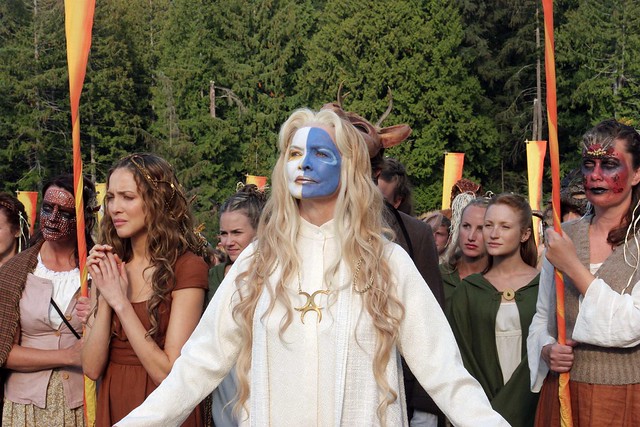







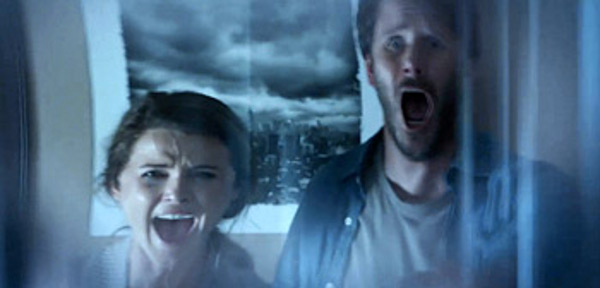
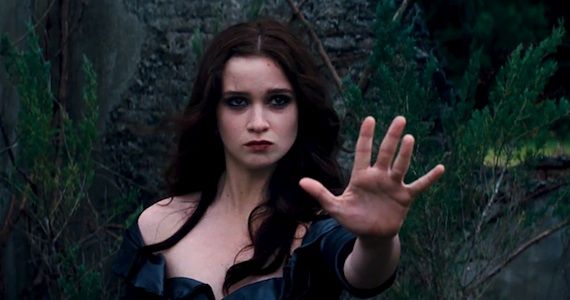
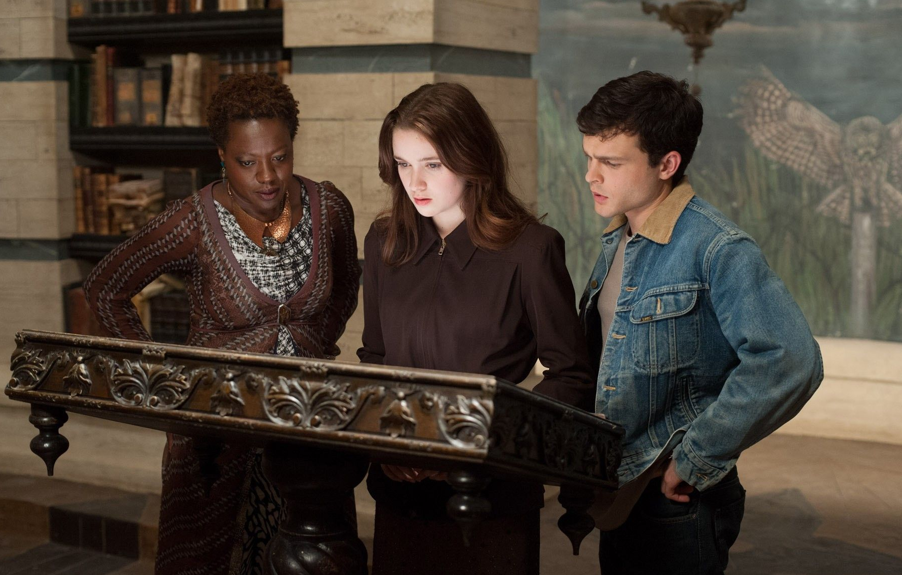


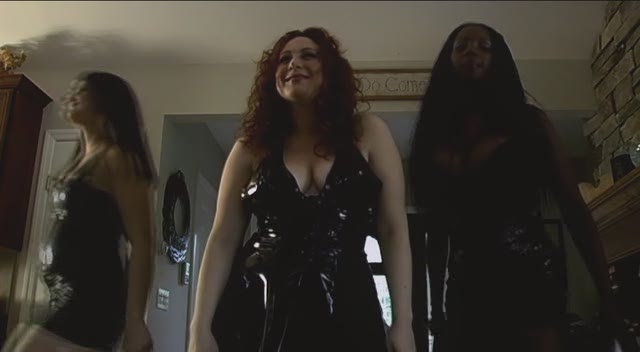
_007.jpg)
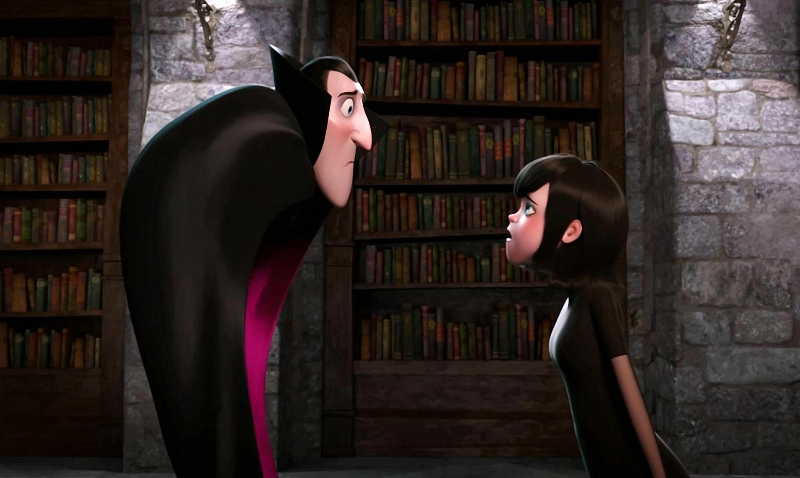
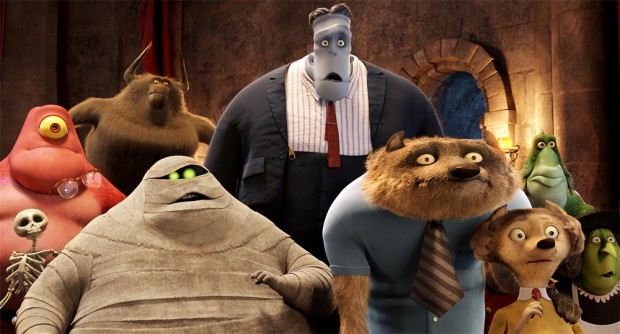




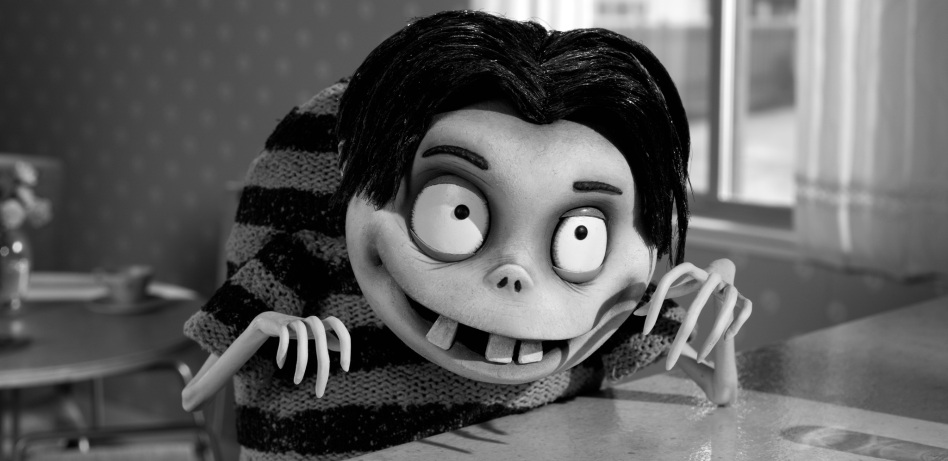
Comment